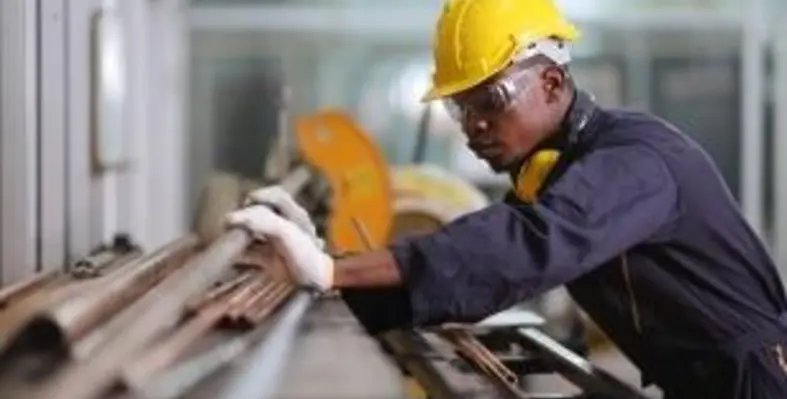Seasonally adjusted manufacturing production decreased by 1.0% during Q2, when compared with the first quarter of the year, according to the NKC African Economics, an Oxford Economics company
The output declined by 0.7% m-o-m in June, followed by a revised contraction of 2.0% (-2.6% previously) m-o-m in May. However, due to base effects, production was up 12.5% y-o-y in June, compared with a revised 36.3% y-o-y (35.3% previously) rise in May. June’s manufacturing print was the third consecutive monthly contraction. As a result, the manufacturing sector will contribute negatively (-1.0% q-o-q) to overall economic activity in Q2.
Six of the 10 divisions within the manufacturing sector recorded negative growth over this period. The largest negative contributor during this period was observed in the petroleum, chemical product, rubber and plastic products (-7.3% and contributing -1.4 ppts) subsector.
Furthermore, the problems for the sector worsened at the start of Q3 as unrest in certain parts of the country left a path of destruction, and containment measures put in place to curb the spread of the third wave of COVID-19 infections compounded these problems. The Absa purchasing managers’ index (PMI) fell markedly to 43.5 pts in July, from 57.4 pts in June.
The largest positive contributors to the y-o-y increase were the following subsectors: motor vehicles, parts and accessories and other transport equipment (84.1% y-o-y and contributing 4.9 ppts); basic iron and steel, non-ferrous metal products, metal products and machinery (19.2% y-o-y and contributing 3.5 ppts); wood and wood products, paper, publishing and printing (22.8% y-o-y and contributing 2.3 ppts); and food and beverages (5.9% y-o-y and contributing 1.9 ppts).












